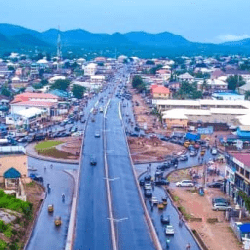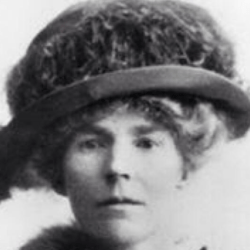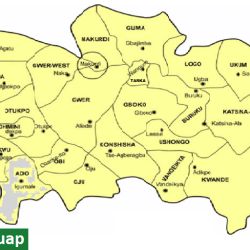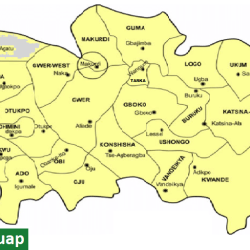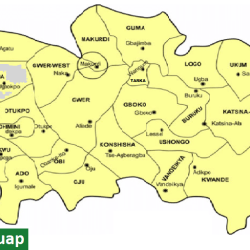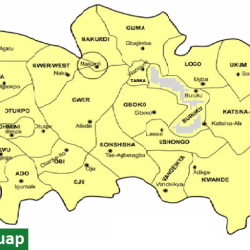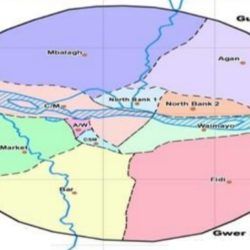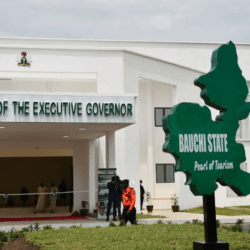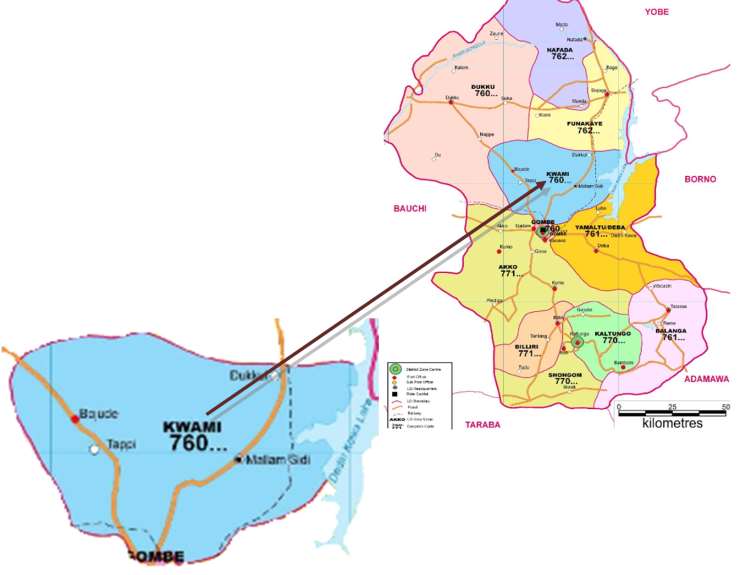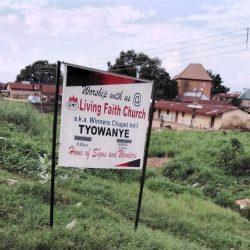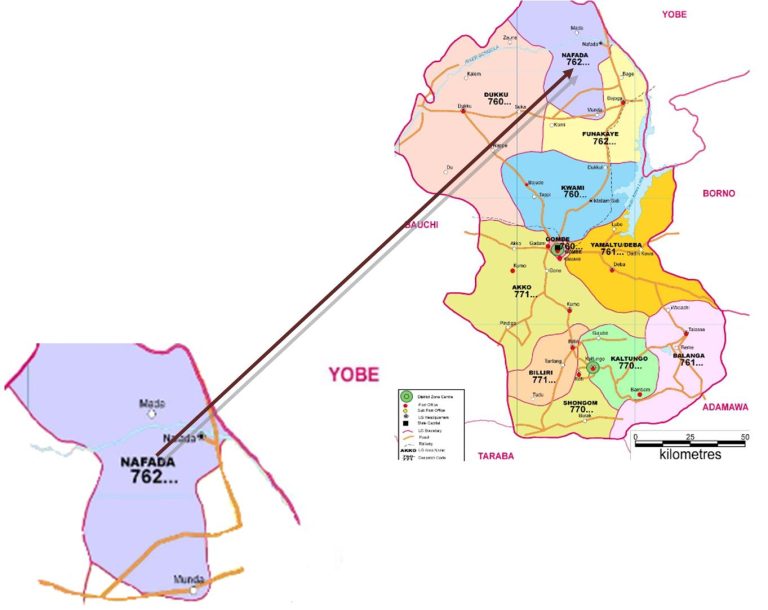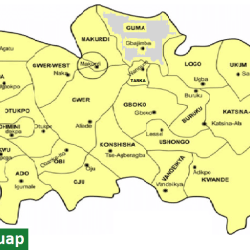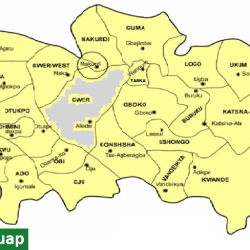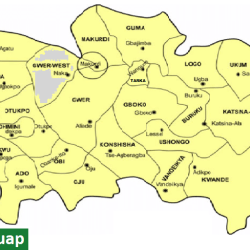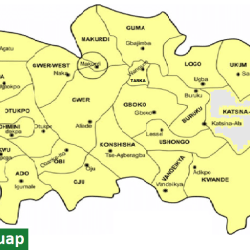Lokoja Local Government Area has an aged long history. The area has contributed in no small measure to the socio-political development of Nigeria before, during after the colonial period. In 1904, Lord Lugard moved the headquarters of his administration from Lokoja to Zungeru to enable him subdue other Northern towns under British flag. Lokoja was the first headquarters of Northern Nigeria immediately after the amalgamation of the North and South in 1914.

In the year 1945, Lokoja become provincial headquarters of Kabba. By 1945, the area was named Kwara Native Authority with Kotton-Karfe division, Kakanda, Kupa, Eggan, Oworo and Lokoja district fused into one native authority for administrative convenience with Lokoja as it headquarters.
But this name was later changed to federal native authority; it is worthy to note therefore, that as at that time, we had only two federal native authorities in the entire Northern Nigeria.
The other was Jama’a federal Native Authority, now in Kaduna State.When General Gowon’s administration broken the country into twelve states on 27th May 1967 and thus west-Central (later Kwara State), the area was renamed Kogi division.
It should be noted that he erstwhile two provinces of Kabba and Ilorin were merged to be known as Kwara State. With the 1976 Local Government reforms, the name was change once again to Kogi Local Government Area, which comprised six districts Lokoja, Kotton-Karfe, Oworo, Kupa, Kakanda and Eggan.
In addition when on 27th August, 1991 Babangida administration created Kogi State, which was carved out of the old Kwara and Benue States, while Koton Karfe which is now an autonomous Local Government Area bears the name Kogi Local Government Area with the carving out of Kogi (Koton-Karfe), Lokoja Local Government is left with five districts Lokoja, Oworo, Kupa, Kakanda and Eggan.
Kogi
Kogi State is one of the 36 states of Nigeria, located in the north-central region of the country.


It is home to the confluence of the Niger and Benue rivers which form the largest inland delta in Africa. It is also blessed with diverse mineral deposits, such as coal, iron ore, limestone, gold, and kaolin.


It was created in 1991 from parts of Kwara State and Benue State, and it is bordered by Niger, Federal Capital Territory, Nassarawa, Benue, Enugu, Anambra, Edo, Ondo, Ekiti, Kwara and Niger states.

The state capital is Lokoja, which is also the confluence of the Niger and Benue rivers, making it a historically significant location for trade and commerce.

It has a population of about 4.5 million people, according to the 2006 census, and it is ethnically diverse with over 50 indigenous groups, including Igala, Ebira, Okun, Bassa, Nupe and others.
Kogi is divided into 21 local government areas (LGAs), and it has three senatorial districts: Kogi East, Kogi West and Kogi Central.
List of 21 Local Government Areas in Kogi State
- Adavi
- Ajaokuta
- Ankpa
- Bassa
- Dekina
- Ibaji
- Idah
- Igalamela-Odolu
- Ijumu
- Kabba/Bunu
- Kogi
- Lokoja
- Mopa-Muro
- Ofu
- Ogori/Mangongo
- Okehi
- Okene
- Olamabolo
- Omala
- Yagba East
- Yagba West

Tourist attractions include Lord Lugard Residence, the Mount Patti Hill, the Confluence Beach Park, the Awo Tunnel, the Ogidi-Ijumu Rock Formation and the Iron of Liberty Monument.
The state is known for its cultural diversity and festivals such as the Igala Cultural Festival, the Ebira Carnival, the Okun Day Celebration and the Bassa Nge Festival.
Kogi festivals include the Igala Masquerade Festival and the Ebira Carnival.

The Igala Masquerade Festival is an annual event that showcases the rich traditions and costumes of the Igala people. The festival features different types of masquerades that represent different aspects of Igala culture and mythology.

The Ebira Carnival is another colorful celebration that involves music, dance, and art. The carnival showcases the creativity and talent of the Ebira people, who are known for their pottery, weaving, and carving skills.
Kogi is a state that offers a lot of opportunities for adventure, learning, and fun. It is a place where you can experience the beauty and diversity of Nigeria’s culture and nature.

